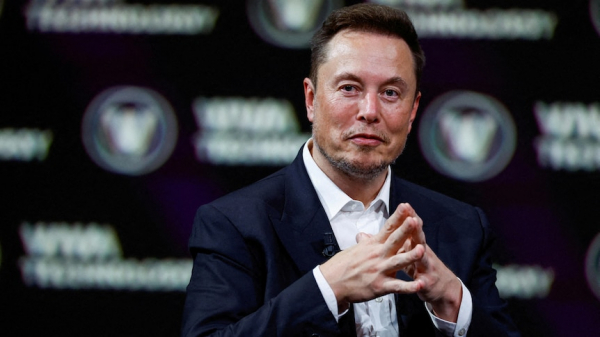In response to the outcry over the dissemination of violent footage from recent stabbing attacks in Sydney, the Coalition has voiced its readiness to support the government's proposed misinformation laws. The controversy escalated when tech magnate Elon Musk clashed with both Labor and Liberal politicians over his refusal to comply with an order to remove the graphic content from his social media platform, X. Musk decried the directive as an attempt at "global content bans" by what he termed Australia's "censorship commissar," the e-safety commissioner.
Amidst this standoff, X has pledged to take down the contentious material while contesting what it perceives as an "unlawful and dangerous approach" through legal channels. Concurrently, social media platforms faced scrutiny following the misidentification of a Sydney man as the perpetrator of a stabbing at Bondi Junction Westfield, highlighting the perils of misinformation campaigns.
Opposition Leader Peter Dutton, speaking on ABC's Insiders, emphasized the necessity for Musk and others to adhere to Australian law, rejecting the notion that online platforms are exempt from legal obligations. Dutton underscored bipartisan support for ensuring the applicability of national laws in both physical and digital realms.
Additionally, the Liberal leader hinted at a reconsideration of the government's stance on legislation aimed at holding social media companies accountable through legally enforceable industry standards. Originally met with resistance over concerns of potential over-censorship and infringement on free speech, the proposed laws, designed to empower the Australian Communications and Media Authority, have been subjected to revisions to address these apprehensions.
Mr. Dutton emphasized the importance of prioritizing the recommendations made by the e-safety commissioner last year, particularly regarding the implementation of an age verification scheme. However, he expressed the Coalition's willingness to support the proposed misinformation laws provided they strike a delicate balance.
Highlighting the potency of the Online Safety Act, which was enacted during the Coalition's tenure, Dutton stressed the necessity of its enforcement. He affirmed the Coalition's readiness to bolster existing laws or introduce new measures if deemed insufficient.
Emphasizing the need for respectful expression within a democratic framework, Dutton underscored the imperative of addressing offensive content, especially imagery with the potential to incite violence, as witnessed recently.
Politicians nationwide echoed calls for social media platforms to promptly remove content exacerbating societal tensions. Emergency Management Minister Murray Watt condemned Elon Musk's response, viewing it as evidence of the necessity for stronger legislation.
Watt criticized Musk's perceived disregard for public obligations, labeling him as emblematic of a cohort of wealthy individuals indifferent to societal norms. He advocated for holding such entities accountable for their dissemination of information and profiting off the public.
In Watt's view, pursuing legal action against these figures is not only justified but imperative in ensuring accountability and safeguarding public interests.
In conclusion, the dialogue surrounding the regulation of social media platforms continues to intensify in the wake of recent events, with politicians advocating for a delicate balance between freedom of expression and the need to curb harmful content. While calls for stricter legislation persist, the response from tech giants like Elon Musk underscores the challenges in achieving consensus. As discussions evolve, the imperative remains clear: to navigate the complexities of online discourse while upholding fundamental principles of safety, responsibility, and democratic values.

